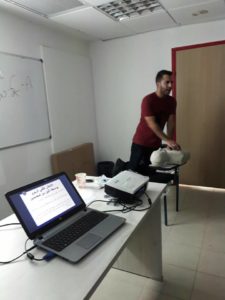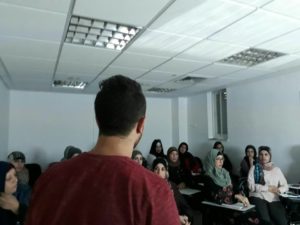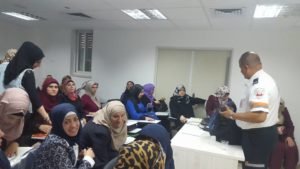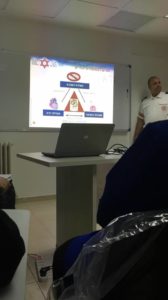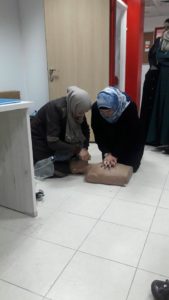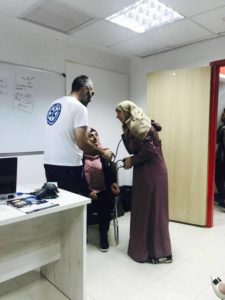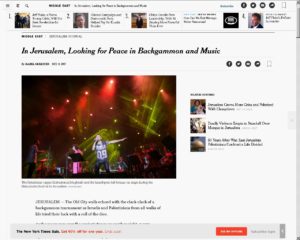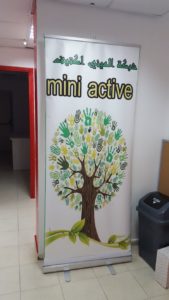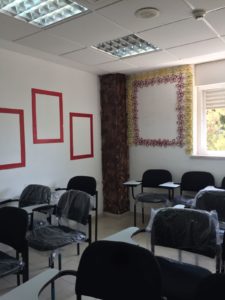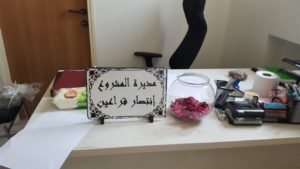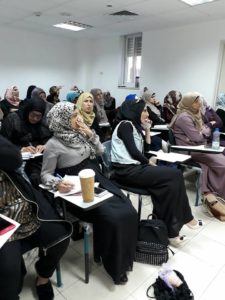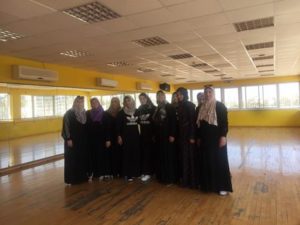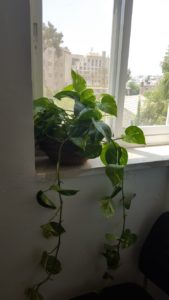MiniActive – Teaching First Aid for Teachers and for the General Public
As in the past, this year MiniActive is again offering a range of courses to help participants as mothers, and to grow as people.
Last week, on October 17, 20 teachers and teachers’ aides began a 44-hour advanced first aid course, designed only for educators. This course will be approved and its graduates will be qualified by the Ministry of Education, and it will run until December.
This is the second such course that MiniActive has offered over the past few months.
In August they held a short, 22-hour introductory course, for 35 Palestinian women from all over East Jerusalem.
The course consisted of 5, 4 – 4 1/2 – hour meetings. This was one of the first activities held at MiniActive’s new offices in Sheikh Jarrach.
All came out of the first meeting enthusiastic for the rest.
Here’s a Facebook post from the MiniActive Facebook page at the beginning of the 44-hour course:
And at the beginning of the shorter course in August:
And here’s a Facebook post from the end of the August course:
Many thanks to the Jerusalem Foundation for its ongoing support of the MiniActive program!

